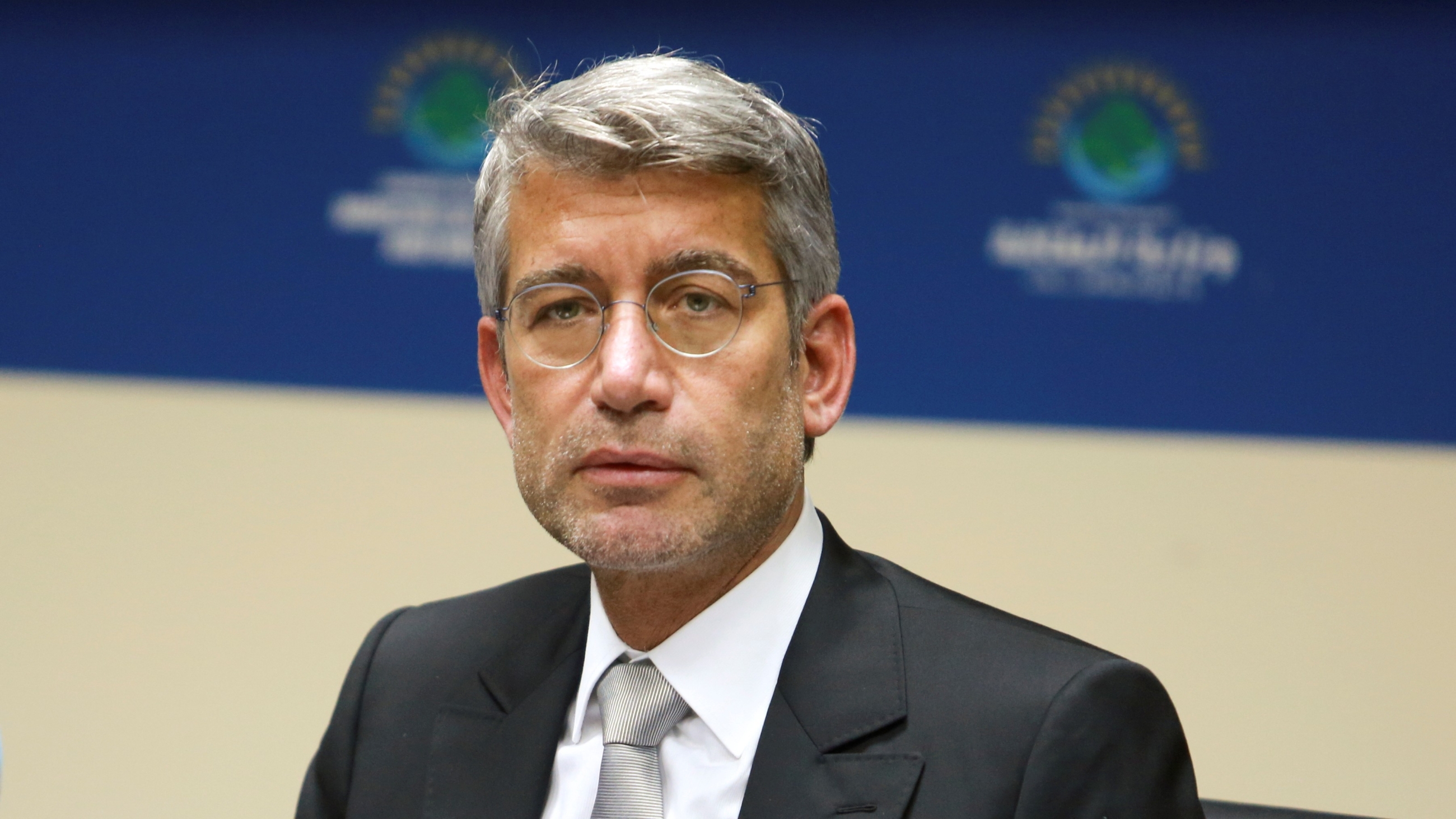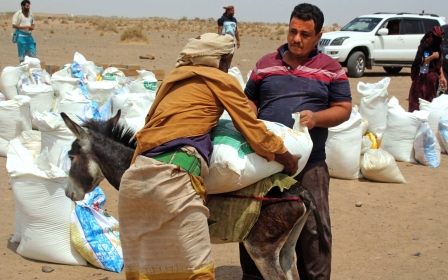Arabic press review: Filmed assault of Lebanese minister sparks controversy

Lebanese minister's assault sparks online controversy
Footage of a Lebanese minister being assaulted by disgruntled citizens has sparked controversy on social media, the London-based Al-Quds Al-Arabi newspaper reported on Monday.
Walid Fayad, minister of energy and water, was shoved by a Lebanese man on Sunday outside a restaurant in the capital Beirut.
A group of people confronted Fayad after he left the restaurant and asked him to explain himself for eating out when their families couldn’t afford basic needs.
One man then approached the minister and said: "I have a message from the Lebanese people and I hope you understand me... Today, I am conveying you this message to wake up,” before he pushed the minister with force, causing him to hit the wall behind him.
The video provoked a wide range of reactions on social media, with some condemning the use of violence while others saying it was justifiable.
Lebanon, a country of around six million people, is grappling with an unprecedented financial crisis that the World Bank says is on a scale usually associated with wars.
The currency has lost more than 90 percent of its purchasing power and the majority of the population lives below the poverty line.
Tens of thousands of workers leave Kuwait
Around 75,000 foreign workers left Kuwait in 2021, new official data revealed, according to the New Khaleej news website.
Figures issued by the country’s Central Statistical Bureau showed that the number of domestic workers had declined last year, from 668,000 workers to 593,000.
More than half of the departing workers, about 53 percent, were Indian nationals, bringing the Indian workforce in Kuwait down to 279,000 compared with 319,000 in 2020.
Likewise, the Filipino workforce has decreased by 7,000 workers, and the Bangladeshi workforce by 4,000.
The new data comes two years after the government began efforts to reduce the number of foreign workers in the country.
Parliamentary and popular pressure was put on the government at the time after widespread discussions on the perceived negative impact of expatriates on the demographic structure of Kuwait.
MENA to face 'catastrophic' consequences the longer Ukraine war lasts
The longer the Russian war in Ukraine lasts, the more likely the Middle East and North Africa will face "catastrophic" consequences on food prices, a representative of the World Food Programme (WFP) said in an interview with London-based news outlet Arabi21.
Reem Nada, the MENA communications officer of WFP, said the impact will be particularly harsher in countries witnessing military conflicts or suffering from severe economic problems and crises.
'In case the war lasts longer, there will be a severe global crisis in food production, and the repercussions will be more severe and more serious for everyone'
- Reem Nada, WFP representative
"The Middle East is considered one of the regions most affected by the war, because it depends on imports from the warring parties (Russia and Ukraine), due to the near distance to the Black Sea region," Nada said in the Arabi21 interview, pointing out that Arab countries import about
60 percent of their needs of wheat and vegetable oils from Moscow and Kyiv.
She continued: "In case the war lasts longer, there will be a severe global crisis in food production, and the repercussions will be more severe and more serious for everyone.
"At the beginning of this year, the WFP was forced to reduce the food ration in Yemen to
8 million people, which means depriving another 5 million people. Unfortunately, we did that so we can manage to feed those who are starving… As if we are taking the share of the hungry to save others from starvation due to the lack of resources.”
On Sunday, Russia’s invasion of Ukraine entered its third month, with fighting continuing to rage on multiple fronts and no end in sight.
*Arabic press review is a digest of news reports not independently verified as accurate by Middle East Eye
Middle East Eye propose une couverture et une analyse indépendantes et incomparables du Moyen-Orient, de l’Afrique du Nord et d’autres régions du monde. Pour en savoir plus sur la reprise de ce contenu et les frais qui s’appliquent, veuillez remplir ce formulaire [en anglais]. Pour en savoir plus sur MEE, cliquez ici [en anglais].





